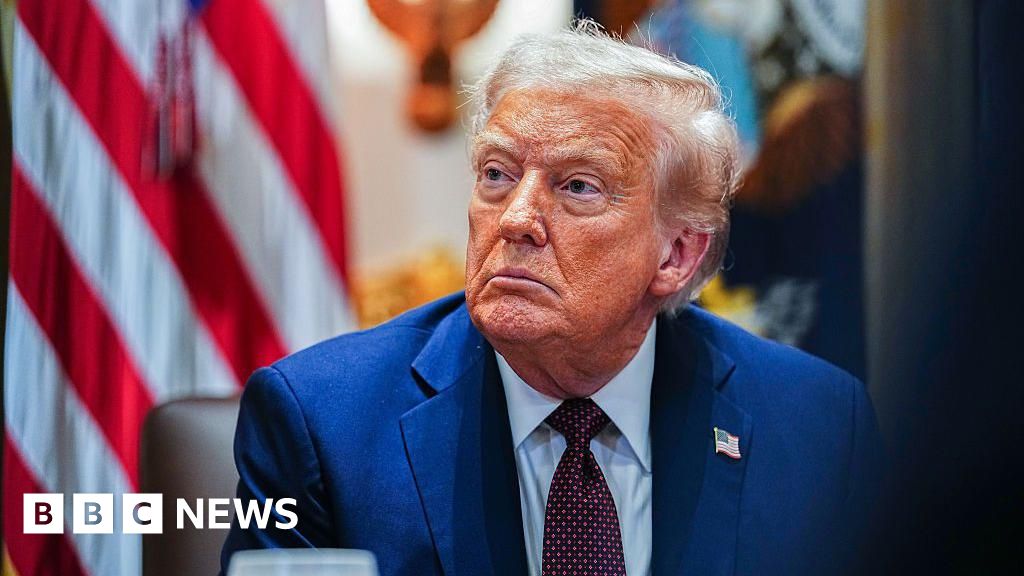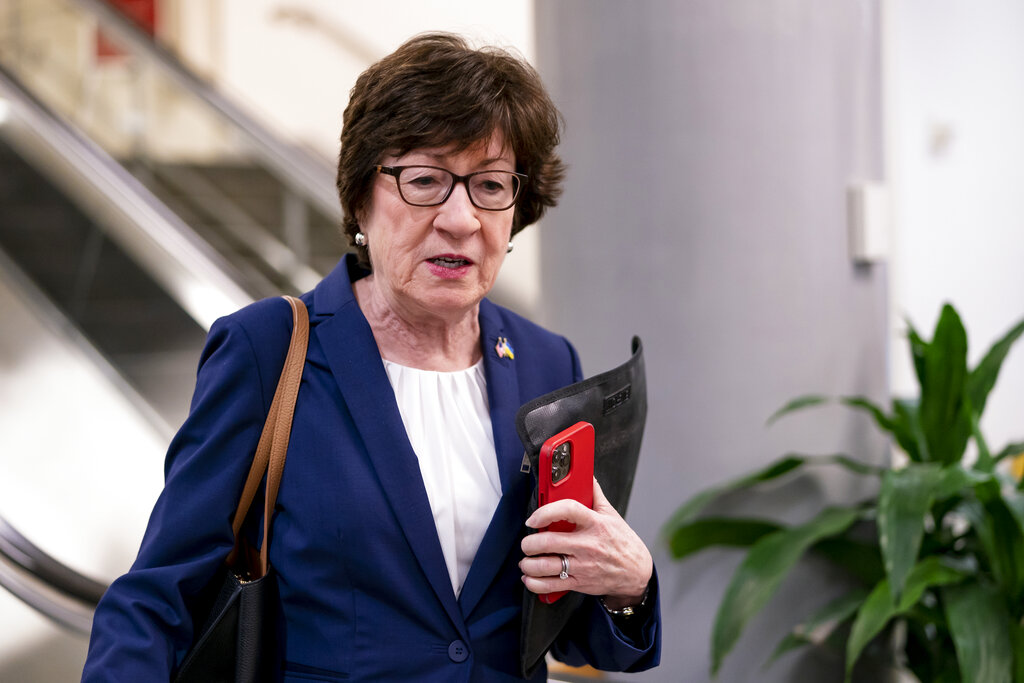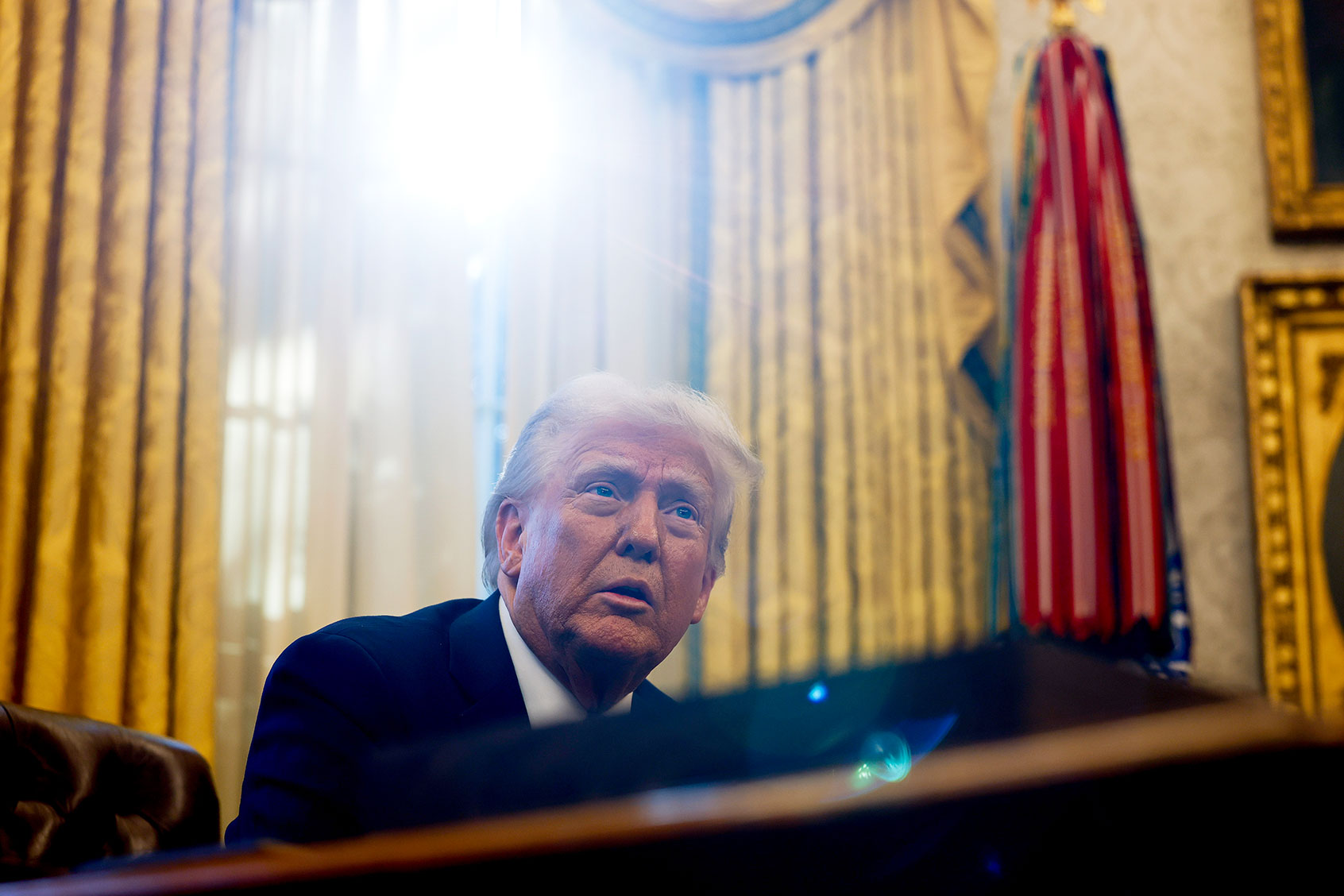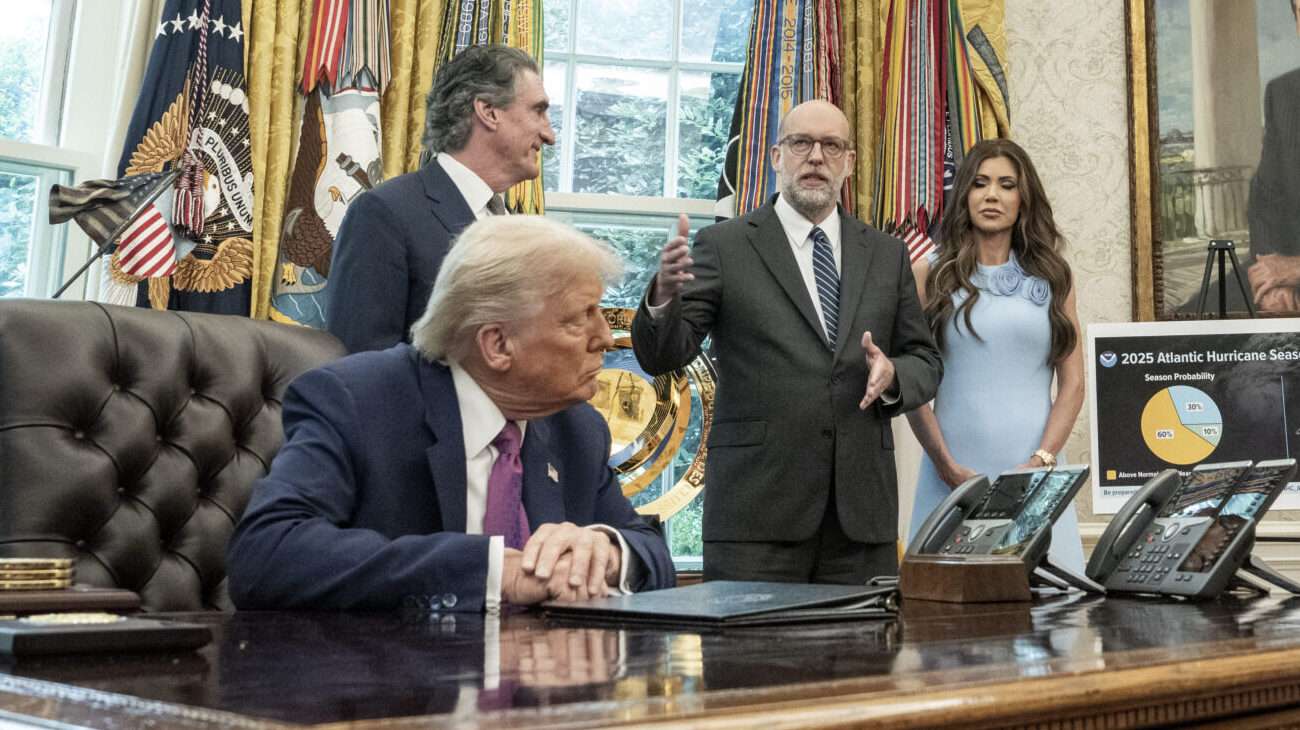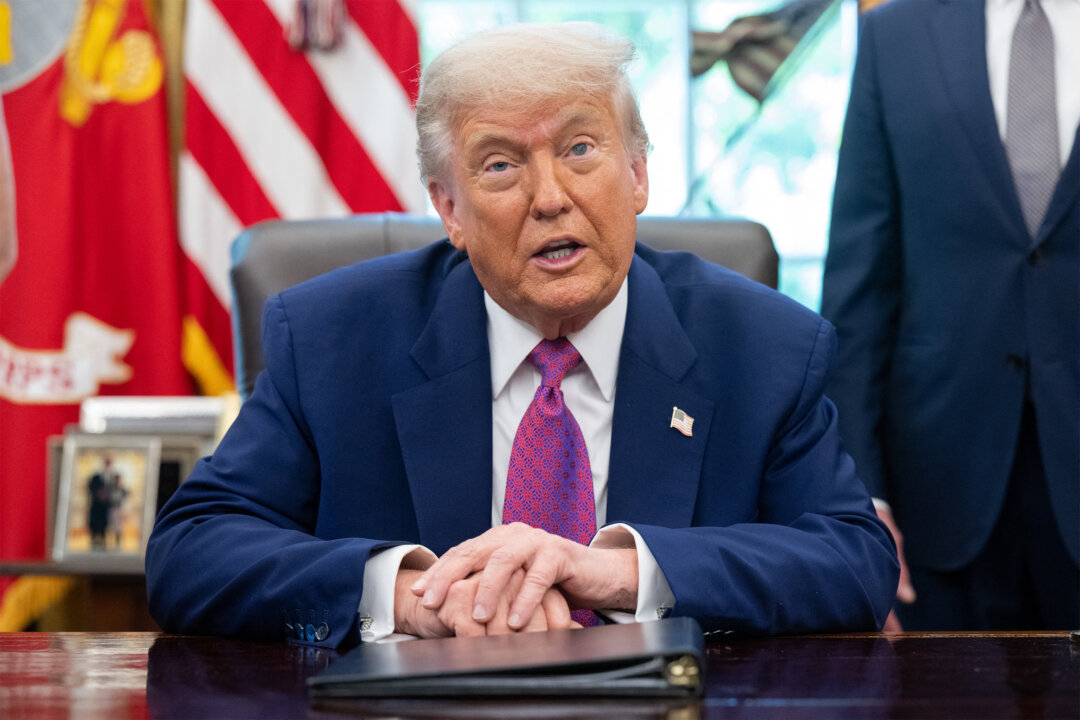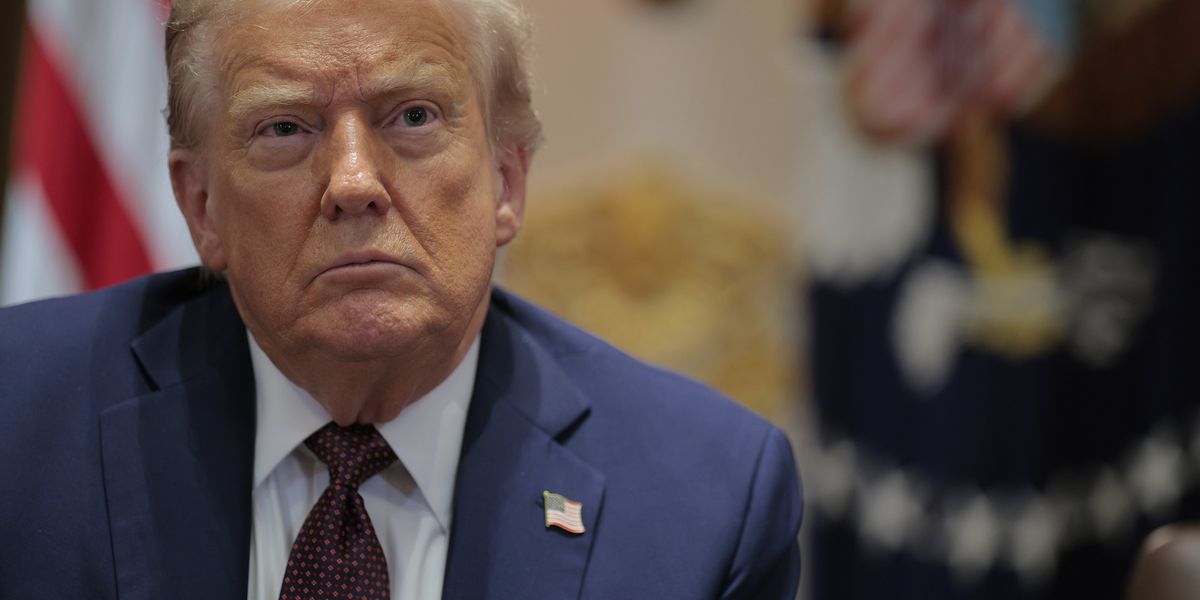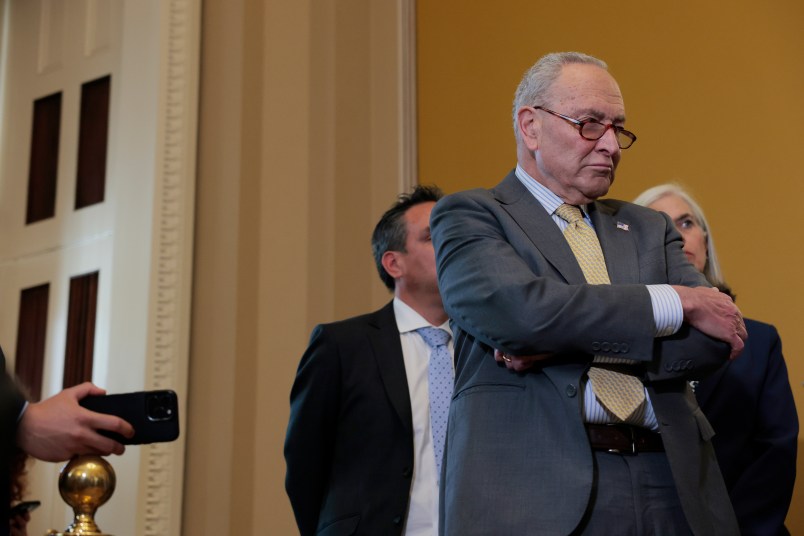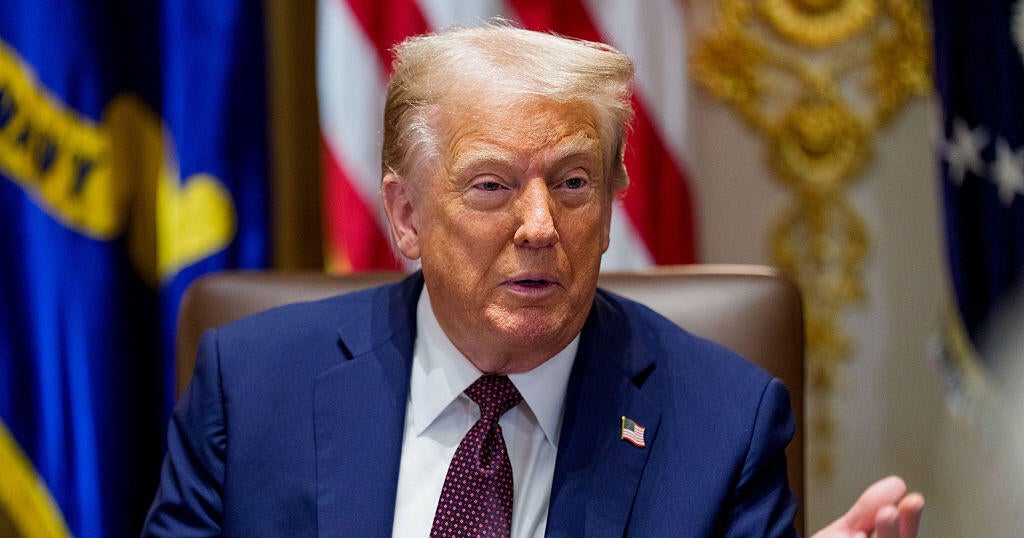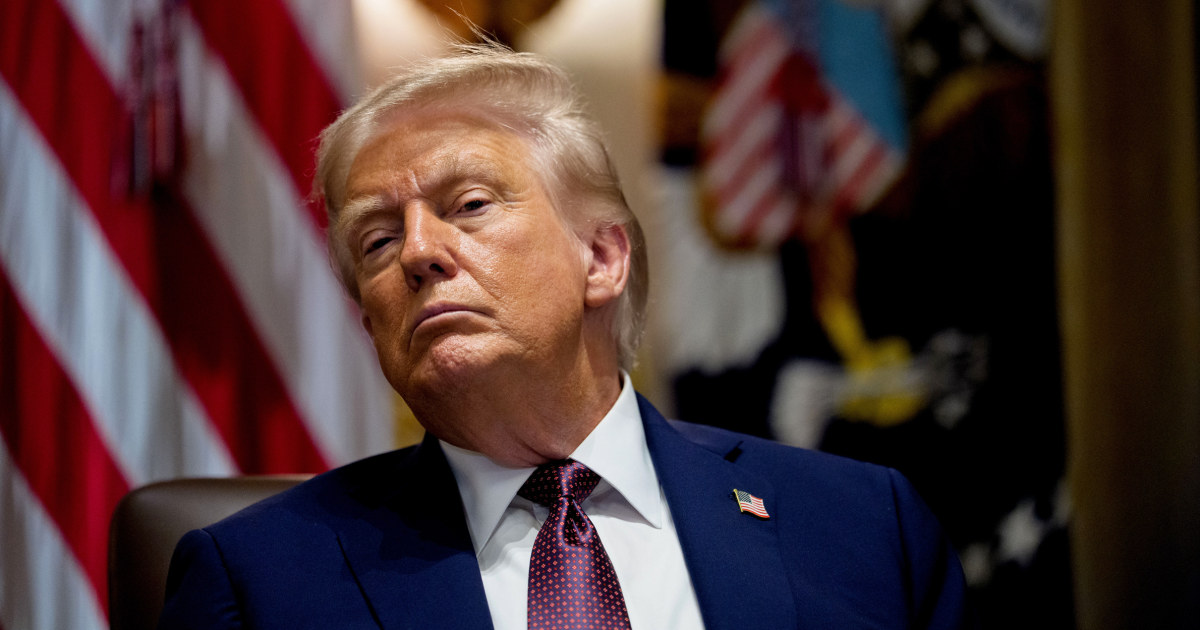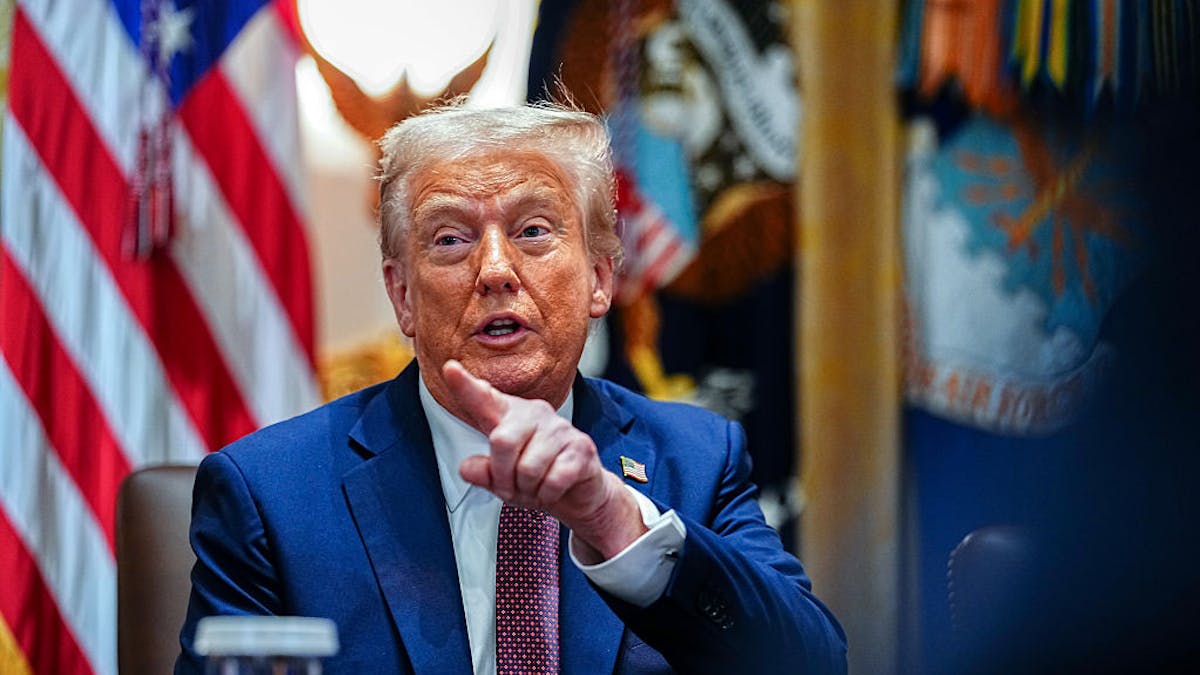President Trump Blocks Billions in Foreign Aid Using Controversial "Pocket Rescission"
President Trump blocked $4.9 billion in foreign aid, utilizing a "pocket rescission" to bypass Congress. This controversial move, targeting USAID and State Department funds, faces strong legal and political opposition.
Subscribe to unlock this story
We really don't like cutting you off, but you've reached your monthly limit. At just $5/month, subscriptions are how we keep this project going. Start your free 7-day trial today!
Get StartedHave an account? Sign in
Overview
- President Trump blocked approximately $4.9 billion in congressionally approved foreign aid, employing a "pocket rescission" maneuver, a method not seen in nearly 50 years.
- The cuts significantly impact USAID, State Department contributions, and peacekeeping activities, targeting humanitarian projects and international organizations without direct legislative approval.
- The Office of Management and Budget defends the action, asserting it's within the president's power under the 1974 Impoundment Control Act and citing past presidential precedents.
- The move faces strong opposition from Capitol Hill, with Senator Susan Collins and others citing it as an illegal violation of law and an attempt to bypass Congress's power of the purse.
- This controversial decision is legally contentious, with experts and lawmakers questioning its constitutionality, potentially leading to litigation and further challenges in court.
Report issue

Read both sides in 5 minutes each day
Analysis
Center-leaning sources cover this story neutrally by presenting a balanced account of President Trump's actions and the ensuing controversy. They detail the legal arguments from both the administration and congressional opponents, including bipartisan criticism. The reporting focuses on factual descriptions of the proposed rescissions and their potential implications, attributing all opinions and claims to their respective sources.
Articles (21)
Center (6)
FAQ
A pocket rescission is a maneuver where the president proposes rescinding budget authority late in the fiscal year, allowing funds to be withheld if Congress does not approve within 45 legislative days before the fiscal year ends. This effectively cancels the funds without direct congressional approval. The last pocket rescission occurred in 1977.
The rescission significantly impacts funding for the U.S. Agency for International Development (USAID), the State Department, and various international development and assistance programs, including peacekeeping and humanitarian projects.
The move faces strong opposition from Capitol Hill, with lawmakers, including Senator Susan Collins, calling it an illegal bypass of Congress's power of the purse. Legal experts question the constitutionality of the action, which could result in litigation and court challenges.
The OMB asserts the pocket rescission is within the president's authority under the 1974 Impoundment Control Act and cites past presidential precedents. They contend that this move aligns with President Trump's "America first" priorities by cancelling foreign aid they consider "woke and weaponized."
Trump's rescission move increases the chance of a government shutdown at the end of September when funding for federal agencies expires if disputes over the rescission are not resolved with Congress.
History
- 2M

 10 articles
10 articles

